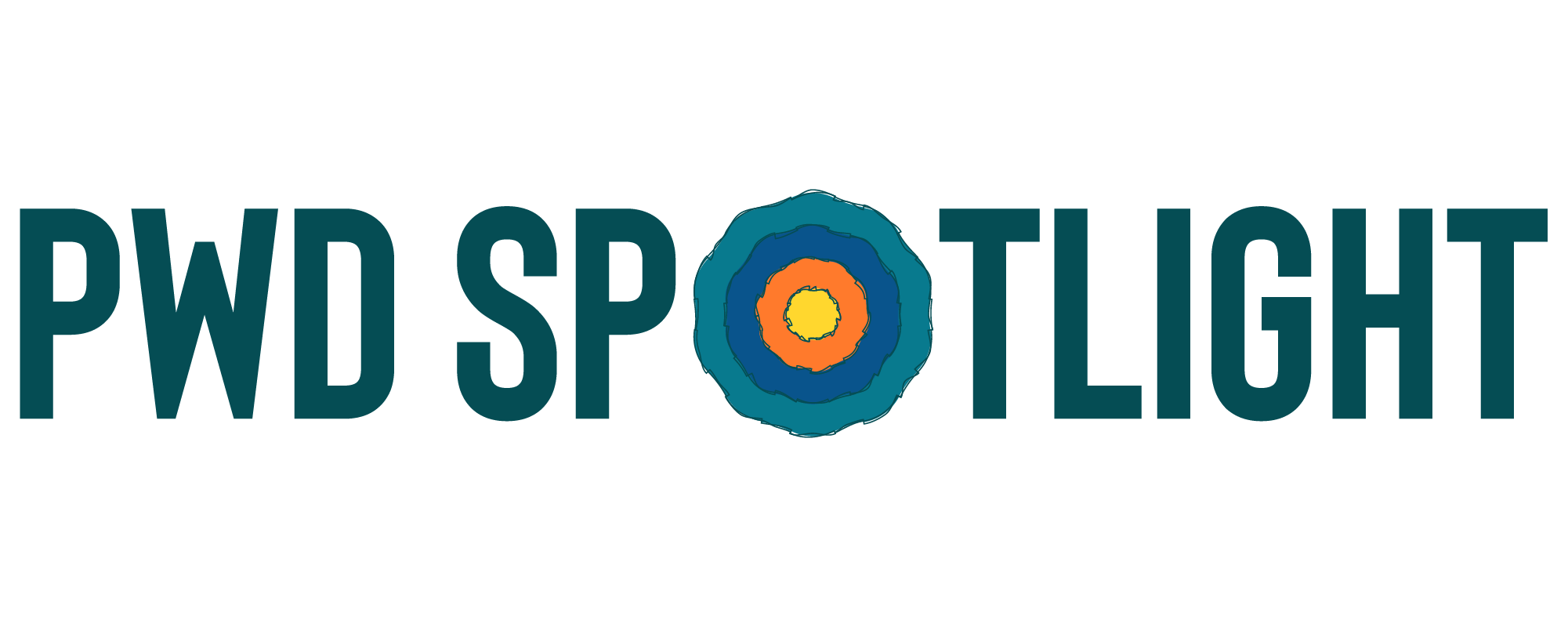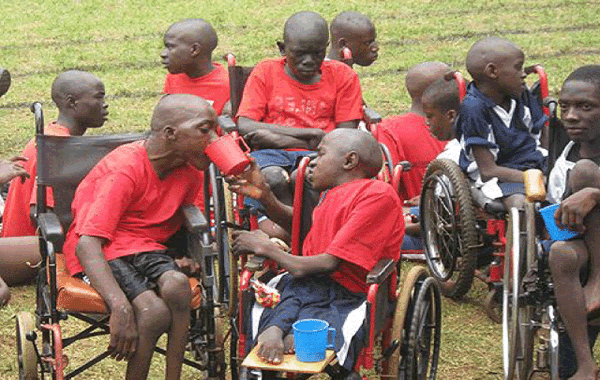Former President Muhammadu Buhari in January 2019, signed into law, the Discrimination against Persons with Disabilities (Prohibition) 2018 Act. The act was created with the main aim of achieving full integration of persons with disabilities into the society. The Act reaffirms the equal status that persons With disabilities enjoy as every other citizen under the law. As such, mandatory provisions for preserving equality and ensuring that PWDs have a level playing field were created.
The Act defines a person with disabilities as an individual who possesses a long-term physical, mental, or sensory impairment that may impede their full and effective participation in society on an equal footing with others.
SPECIAL PROVISIONS
Section1(1) prohibits discrimination against individuals based on their disabilities. A corporate entity found to engage in such discrimination is liable to a penalty of one million naira (₦1,000,000), whereas an individual may incur a fine of one hundred thousand naira (₦100,000), a potential six-month term of imprisonment, or both, as stated in Section 1(2). Additionally, the individual who experiences discrimination may initiate a civil suit, as the Act comprehensively prohibits all forms of discrimination in any context or circumstance.
Section 2 assigns the Federal Ministry of Information the responsibility for promoting the rights, dignity, and contributions of persons with disabilities. It emphasizes the importance of raising awareness about these issues to foster a more inclusive society.
Section 3 ensures that individuals with disabilities have equal access to public spaces and buildings. It is supported by Sections 4 and 5 of the Bill, which mandate that public facilities be designed to be accessible and usable by people with disabilities. The facilities mentioned include sidewalks, pedestrian crossings, elevators, crutches, guide canes, and accessible toilet facilities.
Section 7(2) prohibits government bodies, agencies, or individuals responsible for the approval of building plans from approving plans that fail to incorporate such accessibility features. Officers who violate this provision are liable, upon conviction, to a fine of at least one million naira (₦1,000,000), a term of imprisonment of two years, or both.Persons with disabilities may also seek redress for this right in court by notifying the relevant authority about the existence of inaccessibility.
Section 10(1) requires government providers to implement accessibility features such as lifts, ramps, and other aids to improve access to vehicles, parks, and bus stops. Section 10(2) mandates that all public vehicles must have functional, audible and visual displays indicating their destinations within five years of the Act’s commencement.Additionally, Section 11 extends similar requirements to all transport service providers, ensuring they also make provisions for accessibility aids. This section further mandates the regular and frequent maintenance of these aids and equipment in vehicles, ensuring they remain functional and effective for users with disabilities.
Section 12(3) states that a person, organization, or corporate body in control of a public parking lot who fails to provide reserved parking spaces for persons with disabilities is liable to pay ₦1,000 for each day of default.
A person without a disability commits an offense if he or she parks in a reserved space and could face a fine of N5,000 upon conviction. Additionally, a person who intentionally obstructs a reserved space is liable to a fine of N5,000 if convicted. This is stated in section 12(4).
Section 16 affirms the prohibition of use of persons with disabilities in soliciting for alms and penalty. This section provides that a person shall not employ, use, or involve a person with a disability in begging or parade them in public with the intention of soliciting alms (Section 16(1)). Persons who violate this provision are liable, upon conviction, to a fine of one hundred thousand naira (₦100,000), a term of 6 months imprisonment, or both (Section 16(2)).
The Right to Free Education ensures that individuals with disabilities have access to education without discrimination. It guarantees free education up to the secondary level and requires the National Commission for Persons with Disabilities to provide necessary assistive devices. Section 17 is complemented by Section 18, which mandates that all public schools, from primary to tertiary levels, must be inclusive and accessible to persons with disabilities. To implement this, schools are required to have special facilities and at least one trained staff member dedicated to addressing the educational needs of students with disabilities. Additionally, the curriculum must include support tools such as braille, sign language, and other essential skills to enhance learning for these students.
Section 22 outlines the procedures for obtaining a Certificate of Disability. According to section 22(1), individuals classified as Persons with Disabilities must secure a Permanent Certificate of Disability from the National Commission for Persons with Disabilities. In cases where a doctor suspects a disability during treatment of an individual who was previously not disabled, a temporary certificate may be issued with the Commission’s approval (section 22(2)). If the suspected disability continues for more than 180 days, the Commission will issue a Permanent Certificate of Disability based on the doctor’s recommendation (section 22(3)). Persons who unlawfully issue or obtain a certificate of disability are liable, upon conviction, to a fine of N200,000, an imprisonment term of one year, or both – Section 23.
Another provision in the act is the equal right to work. This provision guarantees individuals with disabilities the right to work and earn a living in a labor market free from obstacles to employment. Persons and companies that violate this provision may face penalties. Upon conviction, individuals who commit the offense are liable for nominal damages of at least two hundred and fifty thousand naira (₦250,000), while companies face a minimum of five hundred thousand naira (₦500,000). Additionally, principal officers of a company are responsible for paying fifty thousand naira (₦50,000) in damages to the affected individual, as outlined in sections 28(2) and (3). Furthermore, employers in public institutions are required to ensure that at least 5% of their workforce consists of persons with disabilities, as stated in section 29.
Section 30 comments on participation in politics. This encourages persons with disabilities to fully participate in politics and public life. It also mandates the government to promote an environment where persons with disabilities can engage in public affairs within non-governmental organizations, associations, and the administration of political parties.
Section 31 is about the establishment of the national commission for persons with disabilities. This establishes a National Commission for Persons with Disabilities that is under the Presidency. The head office of the Commission shall be in the Federal Capital Territory (FCT).
All of the other sections from 31 discuss the establishment of the National Commission for Persons with Disabilities, the establishment and membership of the Governing Council, among other things related to the commission and the council.

